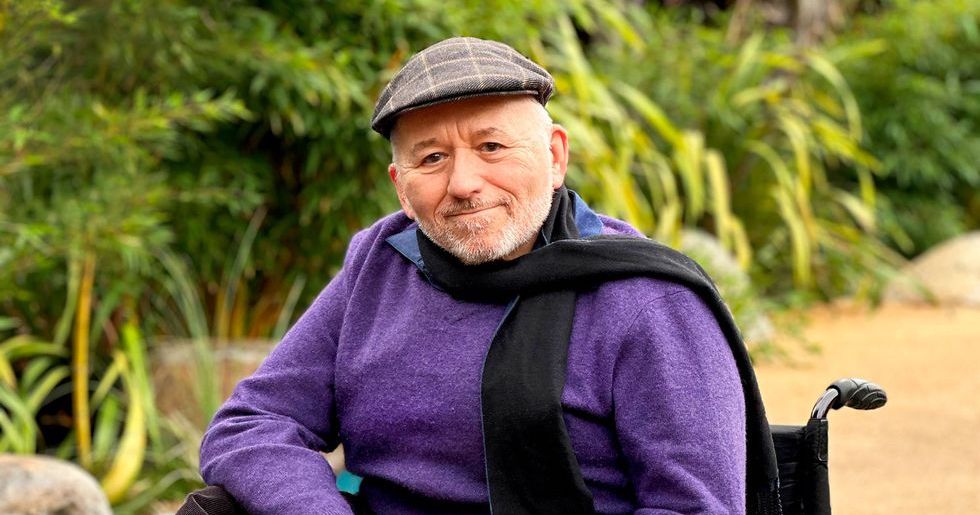Trailblazer: Erick Mikiten

Originally published to Alta Online. Written by Jessica Klein.
What does a 5,000-unit public housing complex in the Bronx, New York, share with the suburbs of San Antonio, Texas? While growing up in both, Erick Mikiten received the same message: “You’re not welcome here.” That’s because as soon as Mikiten, now 59, began walking, he started breaking bones—a result of osteogenesis imperfecta. Neither of the buildings he lived in was wheelchair accessible.
Often laid up in a traction bed and stuck in a single room in his Texas home, Mikiten spent his childhood sketching his house from memory. “It wasn’t until years later that I realized I was drawing floor plans,” he says. An architecture job in high school led to the master’s program at UC Berkeley. He founded his firm, Mikiten Architecture, with his wife in 1991.
The same year, the Americans with Disabilities Act standards took effect, which Mikiten calls a “compromise”: “I saw people with disabilities advocating for shallower ramps and larger bathrooms that did not get incorporated in the ADA.” The legislation prompted unattractive choices, like ramps tacked onto buildings as afterthoughts.
Mikiten doesn’t compromise. He considers accessibility, sustainability, and artistry from day one of every project. “If we design things the right way in the beginning, we’re saving future costs and material resources,” he says. A project like Mikiten’s 39-unit affordable housing complex in Alameda, California, exemplifies the stunning possibilities of accessibility—the interiors flow seamlessly into the decks and the compacted-gravel yard, all perfectly level for wheelchair-riding inhabitants.
Mikiten’s new initiative, the Art of Access, extends the reach of his five-person firm to projects with other architects from Boston to Tokyo. He advocates for beautiful, accessible design locally through his 2012 appointment to the California Building Standards Commission. People with disabilities have a “lived experience that could help every designer,” he says, “if only we are asked.”


